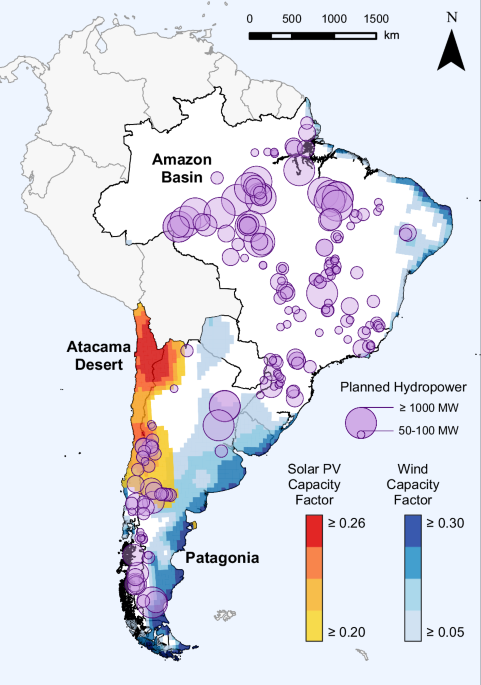I love to sleep.
This is a sentiment I’ve heard many times. I understand it, but I do not fully believe anyone who says it. How, I wonder, can you love something that you’re not consciously experiencing? If I asked somebody at a party “What was the best part of your week?” and they said “My Tuesday REM cycle,” I would think, Your life is terrible, and you have a sense of humor about it, or You are immensely boring, and I’m going to make up an excuse to go to the restroom now.
People do not love sleep, I think, so much as they hate what scientists call sleep pressure and crave its release.
Sleep pressure is the gradual buildup of exhaustion throughout the day, which in humans is associated with rising levels of adenosine in the brain. Adenosine binds to receptors on neurons, which contributes to a mounting sense of tiredness. Interrupting this process is one of the surest ways to stay alert. Caffeine promotes wakefulness by blocking adenosine receptors, which works a bit like adding additional offensive linemen to keep the quarterback upright in the pocket.
Sleep is one of biology’s most persistent mysteries, and there are many theories on why we do it. You may have heard that sleep exists for learning and memory consolidation, or for rebooting our immune-system, or for clearing protein waste from the brain. These are all important functions of sleep, but none necessarily explains sleep’s origin or its original purpose. That is: if tiredness is a drag, and being unconscious around predators is insanely risky for animals in the wild, why would evolution ever get around to inventing tiredness and sleep, in the first place?
A new study on fruit flies recently published in Nature offers the best evidence yet that sleep exists because of volcanoes, oxygen, and our sloppy, leaky mitochondria.
The year is 1 billion BCE. The Earth is a warm ocean hugging a single supercontinent called Rodinia, which is slowly tearing apart. Volcanoes gurgle lava along the rift lines, belching gases into the air and sea. As Rodinia fraactures, new coastlines emerge. Tiny photosynthetic organisms, such as algae, breathe in the crevices. Oxygen is exhaled into the world.
This goes on for a while—several hundred million years, or so. The atmosphere fills with oxygen. Tiny life forms learn to harness it and pull more energy from their food. Aerobic metabolism makes possible bigger, more complex, and more active organisms with neurons. Nervous systems come along. Brains, too. We’re off and running.
But the thing about having a brain is that it is literally so exhausting. As soon as brains got big enough to make use of oxygen, animals had to start sleeping. In the 2025 paper “Mitochondrial origins of the pressure to sleep,” a team of scientists tried to understand how sleep might have evolved in the most basic organisms, long before it accumulated more complex functions, such as learning, memory consolidation, and giving Freudians a bunch of dubious ideas about sexual repression. “Aerobic metabolism was the innovation” that gave birth to nervous systems, “and with them, apparently, the need for sleep,” the authors write.
Their theory centers on mitochondria, the energy factory in our cells. These organelles take electrons from food and make useful energy. Mitochondria are good at their job, but not perfect. As they work with electrons, a few slip away and react with oxygen, causing damage to the cell if they’re not cleared. Over time, sleep seems to have evolved to be the body’s release valve for that pressure: a temporary factory shutdown.
In fruit flies, scientists pinpointed a small cluster of neurons that both regulate sleep and monitor mitochondrial distress. When those neurons sense too much stress from leaking electrons, they send signals that trigger sleep, forcing the organism to rest so the damage can be repaired.
In one experiment, researchers engineered fruit flies so that their sleep-sensing neurons glowed bright green. Then they kept the flies awake long past their natural rest cycle. Under a microscope, the mitochondria inside those neurons had fragmented—a hallmark of stress. After the flies finally slept, the mitochondria fused back together, fully restored.
Ivana Rosenzweig, a specialist in the neuroscience of sleep at King’s College London told The Economist that she believes the study provides solid evidence that “electron imbalance in mitochondria” is the most fundamental and original cause of sleep pressure. If we accept this story, then sleep emerges as a consequence of the gift oxygen bestowed upon Earth.
Achilles’ mother dipped her son in the River Styx to make him immortal, but, holding him by the foot, left his ankle dry and vulnerable. So did oxygen anoint Earth with a blessing second only to immortality—complex life, which became consciousness and intelligence. But there was a price: a kind of daily death. Rest restores our ability to burn the planet’s oxygen for energy. Why do we sleep? Because the earth once learned to breathe.
One of the most wondrous conversations I’ve had in the last year was with the astrophysicist Sara Seager. She asked me to imagine what scientists would do if we discovered an exoplanet hundreds of light-years away with a thick atmosphere of oxygen. We’d wonder what was happening on the surface. Plants make oxygen, so perhaps we’d imagine alien algae and E.T. forests. Oxygen also feeds fires, so perhaps the planet would be aflame. But maybe one astrophysicist in the room would remember today’s study and suggest that the exoplanet isn’t a fireball at all, but a world of sleepers. A planet of oxygen is a planet of dreams.
.png)




